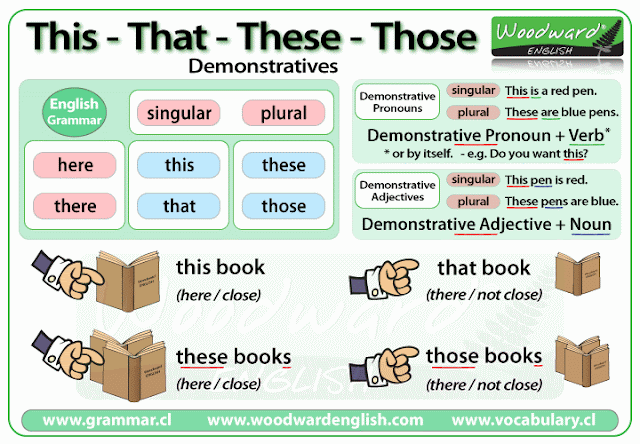Topics: Numbers
The alphabet Learning outcome: Ask for, give, and identify names, telephone numbers, email, and other personal information. Possible tasks: Reading: read a text about people`s descriptions and answer questions about their personal information (reading skills)
Survey: ask personal information questions to your classmates (oral skills) Functional language: What is your name?
How do you spell your name?
How do you spell your last name?
What do you do?
Where do you work?
I work for Allus.
Pre-task activities: Activity1: Questions about "Let me introduce myself" workshop. Content 1: Watch a video with introduction samples. Activity 2: Create a mind map about personal information, similar to the one created last class. In the middle, it's the title "Personal information". The branches are the different types of information you can provide: name, surname, age, etc. For each branch, you need to indi...



